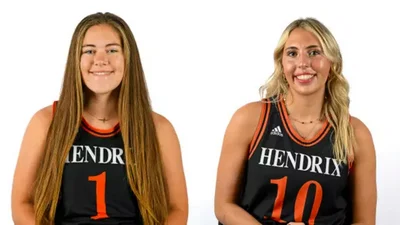Business | Unsplash by Tyler Franta
Business | Unsplash by Tyler Franta
If you’ve read the headlines lately, you might have seen stories about ChatGPT or DALL·E, two open artificial intelligence (AI) tools available to the public. What you might not realize, though, is the same core technology used in these often fun and playful tools is also advancing medical science.
University of Missouri doctoral student Alex Morehead came to Mizzou to study with world-renowned AI researcher Jianlin “Jack” Cheng, William and Nancy Thompson Distinguished Professor in the Department of Electrical Engineering and Computer Science. Morehead, a St. Joseph, Missouri, native is taking curiosity and combining it with his passion for computers to create better medical and climate outcomes. Learn more about his research and time at Mizzou.
What is bioinformatics and how does it impact the world?
Bioinformatics is a discipline that combines biology and computer science. The cool thing about bioinformatics is that it can have some really nice — and quick — real-world impacts.
One example is modern day drug discovery. When you automate the most tedious parts of the research process, it can help move the investigation along more quickly. With drug discovery, instead of spending, say, a year to run physical experiments and analyze data, you’re seeing that time go down to a period of a few months.
That’s just one example of how this type of work is helping create better health outcomes for people around the world.
Tell us about your research.
My research interests include machine learning, deep learning, computational biology and high-performance computing. My current research is structured prediction in machine learning. Basically, building advanced AI software that helps us get down into the fine details of biology while analyzing different types of data. It can have a lot of medical applications and can even be used in energy research for climate change, too.
Original source can be found here.




 Alerts Sign-up
Alerts Sign-up